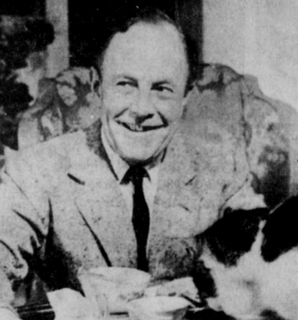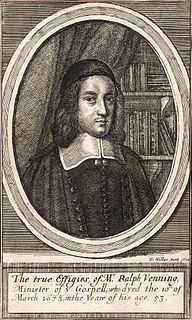A Quote by Sandra Cisneros
There [DreamTigers by Jorge Luis Borges] were these little fablesque things, you know, dream tigers, beautiful, beautiful pieces that when you read them had the power of a long piece, but they were prose, and they had the power of poetry, in that the last line wasn't the end, it was a reverberation, like when you tap on a glass made of crystal, and it goes ping.
Related Quotes
I remember I was very taken with a book called DreamTigers by [Jorge Luis] Borges. He was at the University of Texas, Austin, and they collected some of his writings and put them in a little collection. It's called DreamTigers in English, but it doesn't exist in Spanish. It's a little sampler. But that collection in English is what struck me, because in there he has his poems, and I was a poet as well as a fiction writer.
Last summer I was staying at a house in Hampshire which was famous for the brilliance and the originality of its gardens. There were many of them, but the most beautiful of all was a walled garden in which every flower was blue. There were all the obvious things like delphiniums and acronitums and larkspurs, but the most beautiful blue of all came from the groups of cabbages - the ordinary blue pickling cabbage. Set against the blazing blue of the other flowers, it had a bloom and elegance which made it a thing of the greatest delight.
Jorge Luis Borges wrote a poem when he was in his 80s about one day writing the book that would justify him. This was long after he had become one of the great masters, a writer everyone looks up to and reveres. As artists, I don't think we ever see ourselves as done. We always think we're at the beginning . . .
I was an eccentric teenager in suburban New Jersey, in a town mostly interested in sports, popularity, and clothes. A fan of Jorge Luis Borges, I found a group of Borges scholars from Aarhus, Denmark - perfect strangers - whom I connected to online and immediately became enthralled by the idea of virtual communities.
I have read of a glass kept in an idol temple in Smyrna that would make beautiful things appear deformed, and deformed things appear beautiful; carnal sense is such a glass to wicked men, it makes heavenly things which are beautiful to appear deformed, and earthly things which are deformed to appear beautiful.
I first got online in the late '80s when I was an eccentric teenager in suburban New Jersey, in a town mostly interested in sports, popularity, and clothes. I was a reader, into Jorge Luis Borges, and I found, connected to, and delighted in a group of Borges scholars from Aarhus, Denmark, that I met online.
Best to let the broken glass be broken glass, let it splinter into smaller pieces and dust and scatter. Let the cracks between things widen until they are no longer cracks but the new places for things. That was where they were now. The world wasn't ending: it had ended and now they were in the new place. They could not recognize it because they had never seen it before.
Jorge Luis Borges was lamenting a variety of Orientalism that was used to measure the alleged authenticity of Argentine and Latin American writers in the midcentury. The Argentine literary tradition was believed by many, including many Argentines, to be concerned with a national imaginary in which the gauchos and the pampas and the tango were fundamental tropes. Borges, in part to legitimize his own Europhilia, correctly pointed out that expecting writers to engage with these romantic nationalist tropes was arbitrary and limiting, a genre that was demonstrative of its own artificiality.
































